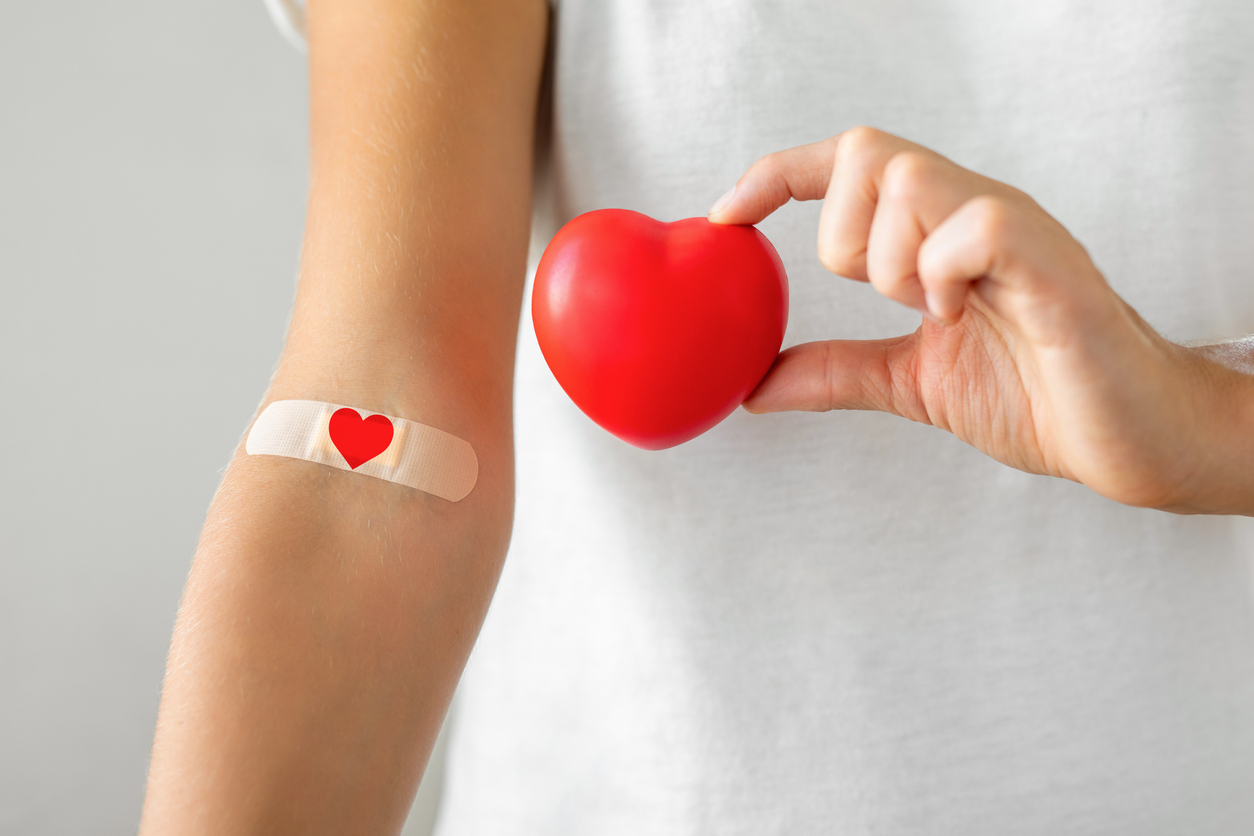
In Australia, donating blood is not just an act of kindness; it's a lifeline for countless individuals in need. With every donation, you have the power to save lives and make a significant impact on your community. And with National Blood Donation week on the horizon this June, it’s the perfect opportunity to remind ourselves why donating blood is crucial, who can participate, what the process entails, and the remarkable benefits it offers to both donor and recipient.
Why Donating Blood Matters
Blood donation is essential for maintaining an adequate supply of blood for medical treatments, surgeries, and emergencies. Whether it's aiding patients undergoing surgery, cancer treatments, or those injured in accidents, donated blood is a precious resource that can mean the difference between life and death.
Australia relies on the generosity of voluntary blood donors to meet the demand for blood products. Despite advancements in medical technology, there's no substitute for human blood. Each donation contributes to the collective effort of ensuring that hospitals have enough blood to meet patient needs.
Who Can Donate
One of the remarkable aspects of blood donation is its inclusivity, which is set to increase in 2024. Most healthy individuals aged between 18 and 70 are eligible to donate blood, provided they meet certain criteria. These criteria typically include:
Weighing over 50 kg
Having no cold or flu symptoms
Feeling well and healthy on the day of donation
Meeting specific health and lifestyle requirements set by the blood service
Even if you meet all of these criteria, it's crucial to consult with a healthcare professional or the blood service to determine eligibility.
Who Can't Donate
While the eligibility criteria are inclusive, some individuals may be deferred from donating blood for various reasons. Common reasons for deferral include:
Tattoos or body piercings in 4 months prior to donation
Pregnancy or recent childbirth
Certain medical conditions such as HIV, hepatitis, or certain cancers
Recent travel to regions with a high risk of infectious diseases
Those with certain heart conditions
Low iron levels
‘At risk’ sexual activity in the 3 months prior to donation
Drug use
What Donation Involves
The process of donating blood is straightforward and typically takes about an hour from registration to recovery. Here's what to expect:
Registration: You'll be asked to provide identification and complete a brief questionnaire about your health and lifestyle.
Health Check: A healthcare professional will assess your eligibility by checking your blood pressure, pulse, and haemoglobin levels.
Donation: The actual donation process involves drawing blood from a vein in your arm using a sterile needle. Most donors find this process near-painless.
Refreshments: After donating, you'll be offered refreshments to help replenish fluids and prevent any light-headedness. (yes, Caramello Koalas have been reported)
Recovery: You're advised to rest for a short while before resuming your usual activities.
The Benefits of Donating Blood
Beyond the satisfaction of knowing you've made a difference, there are several benefits to donating blood:
Health Benefits: Donating blood can have positive health effects for the donor, including reducing the risk of certain health conditions such as heart disease and cancer. It also helps maintain healthy iron levels in the body.
Free Health Check: The pre-donation health screening provides an opportunity to monitor your blood pressure, pulse, and haemoglobin levels, serving as a mini health check.
Community Impact: By donating blood, you're directly contributing to the well-being of your community and helping ensure that hospitals have an adequate blood supply for those in need – which may include friends, loved ones, or even yourself.
In Australia, where every donation matters, your decision to donate blood can mean the difference between life and death for someone in need. Whether you're a first-time donor or a regular contributor, your generosity is invaluable in sustaining the blood supply and saving lives. To join the ranks of blood donors today and be a hero in your community you can find your nearest donation location at www.lifeblood.com.au.